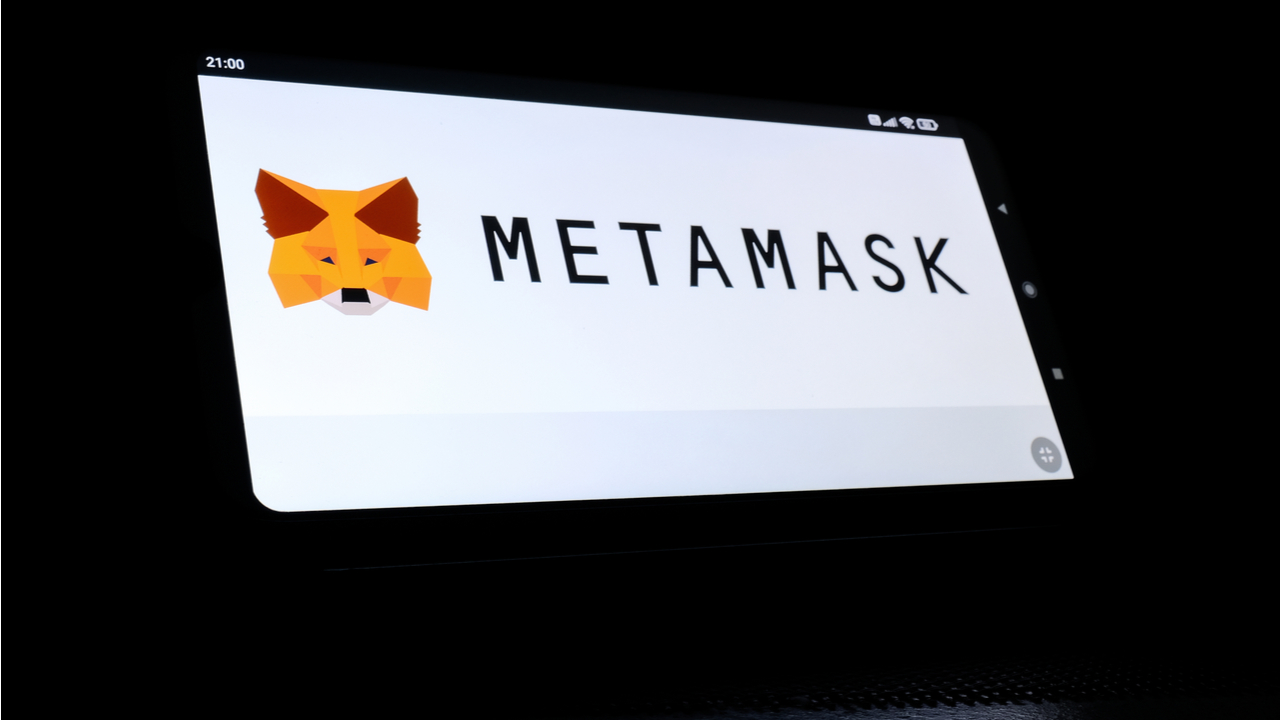
Ledger’s decision to introduce a third party to your wallet seed phrase created an exploit that could appeal to both governments and hackers.
Self-custody is important in crypto, and security is essential to self-custody. Ledger, a notable hardware wallet manufacturer, has built its reputation on the secure storage of users’ private keys. Hardware wallets create a secure offline environment for storing keys and using keys to execute transactions.
The user’s private keys are generated and stored within the device and are supposed to never leave it. This “cold storage” provides an unrivaled level of security compared with “hot wallets” or online wallets. The problem is that lots of people lose their keys.
Ledger rolled out a seed phrase backup product this week called Ledger Recover. If you give the company your ID and personal information, you can pay for a service that takes your seed phrase within your device, encrypts it into three “shards” and then shares them with various custodians.
Introducing a third party inherently centralizes control, creating a single point of failure that could be exploited by hackers or be subject to regulatory actions.
Related: Throw your Bored Apes in the trash
I don’t begrudge Ledger its effort to grow as a business to reach non-OG and non-cypherpunk-ethos users. Millions of normies, like our skeptical baby boomer in-laws, will only ever be onboarded to crypto through this type of custodial backup approach. Its mistake may have been in trying to use the same product to appeal to both crypto self-custody OGs and the broader future customer normies.
Ledger’s rollout of its backup product met with some strong reactions among its community of customers. Many were surprised to learn that Ledger has always had the capacity to touch your secret key with its hardware updates. Many of us view our hardware devices as sacrosanct. I clearly wasn’t knowledgeable enough about this device that I trust to protect my crypto assets.
Yesterday I freaked out about the revelation that @Ledger could spit out your private key with a firmware update.
— Haseeb >|< (@hosseeb) May 17, 2023
Yet I noticed the smartest people were not freaking out. Was I missing something?
I spent the evening educating myself, and now I'm in the "nvm it's fine" camp.
Haseeb Qureshi chimed in that while he also reacted negatively at first, he realized that this was always true about Ledger. We’ve always trusted it not to insert malware in its firmware updates to steal our seed phrases. He’s not wrong, but I wouldn’t say that’s a comforting thought.
In the end, nothing bad can happen on your hardware device unless you sign a transaction. You retain the power. I don’t know about you, but I’m not a coder — I can’t tell a malicious update from a legitimate one, so I’m trusting Ledger on that too. And I don’t exactly have the option not to approve the latest firmware update that includes Ledger Recover capability, as Ledger warns that failure to update your firmware is a security risk.
They do a shit job of providing trust in the software stack though. A better design would incorporate functionality like certificate transparency or key transparency, so you wouldn't have to hope they don't unaccountably send you a buggy firmware
— Andrew Miller (@socrates1024) May 17, 2023
I do trust Ledger — it’s a great company. It has been the linchpin in the technology stack for crypto self-custody, at least in my own crypto journey.
But the goal of a crypto self-custody tool should be to minimize trust requirements. And that could be improved at Ledger through open-sourcing more of its software and hardware. Ledger’s chief technology officer was asked about this on May 17’s Bankless podcast and responded that Ledger has signed nondisclosure agreements that preclude it from doing so and argued that people are unlikely to crowdsource security audits anyway.
I’ll bet security researchers like Andrew Miller, who uncovered vulnerabilities in the Secret Network, would take up that task.
1/ Ledger "Recover," a thread
— Seth For Privacy (@sethforprivacy) May 16, 2023
Last night Ledger accidentally leaked some info on their new recovery subscription service, and today they revealed the details.
Let's walk through their proposed "solution" to cryptocurrency custody and how dangerous it is. pic.twitter.com/8GnCKv7hTH
While Ledger’s communications regarding the rollout have been a disaster, its crisis communications have been enlightening. I have certainly realized I had an insufficient understanding of how hardware wallets work. But “Sorry, we can’t open-source anything because of NDAs” is an insufficient answer to those in the community who have concerns that Ledger Recover could be used by a malicious actor to trick users with a fake update and steal their seed phrase.
Ledger could also give me the option to continue to update my firmware without adding the Ledger Recover code to my device. But in the absence of open-sourcing its firmware, it won’t do much, as we won’t have any way to verify its claims.
This could be a branding win if Ledger pivoted to roll out a “cypherpunk”-branded dimension to its hardware and software that appeases the OG crypto community such that they might be willing to opt into it, and lets existing hardware owners opt into it for their previously purchased hardware such that new updates are cypherpunk-branded and -approved, as open source as possible, with crowdsourced security audits — the whole package. All would be forgiven.
For now, it doesn’t seem Ledger plans to do that. So, the options are to use open-source hardware wallets, but those do not have Ledger’s wide-ranging interoperability with emerging blockchains. Or you could build your own, or just use the new refurbished Gameboy open source hardware wallet.
For now, and for many coins, the safest option is probably to trust Ledger while staying open to competing developers of open-source hardware wallets.
This article is for general information purposes and is not intended to be and should not be taken as legal or investment advice. The views, thoughts and opinions expressed here are the author’s alone and do not necessarily reflect or represent the views and opinions of Cointelegraph.


